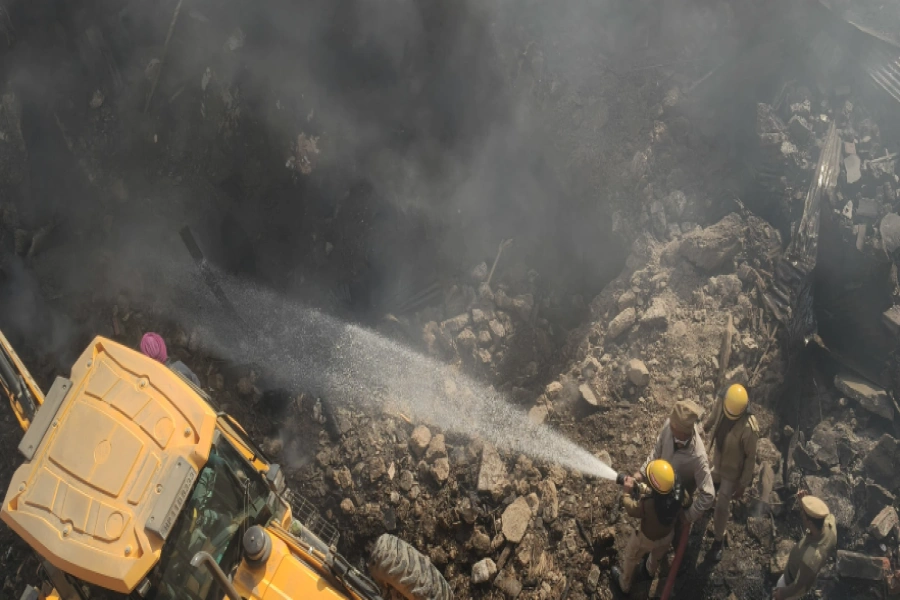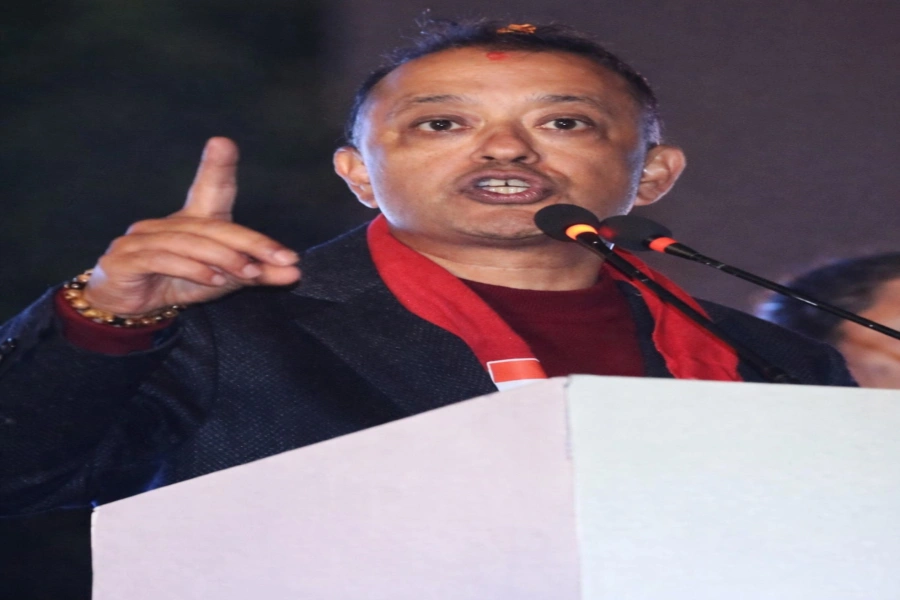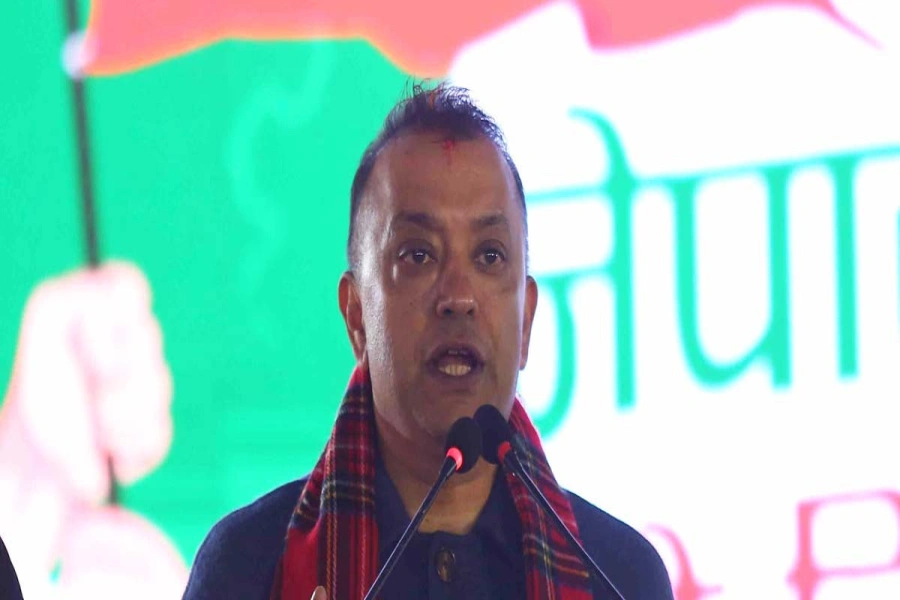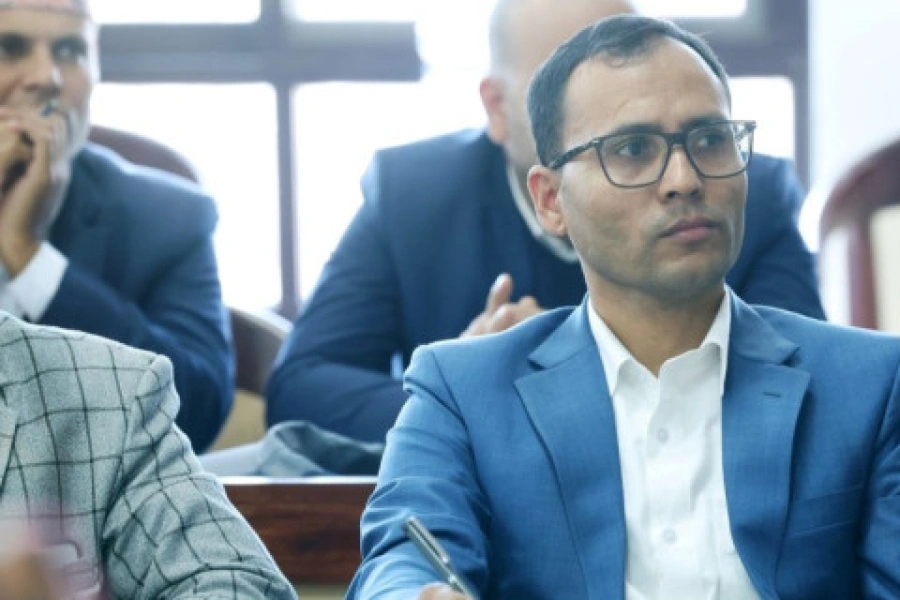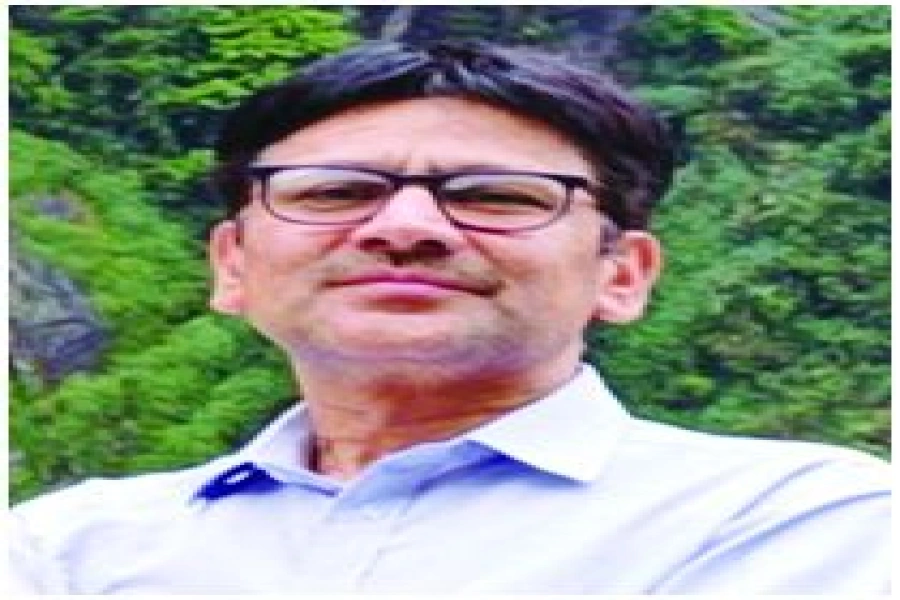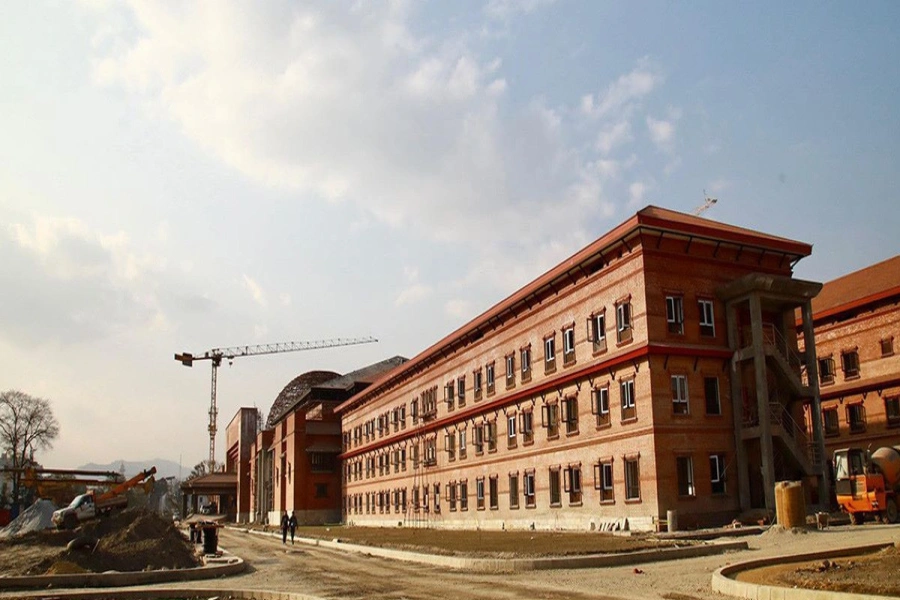The definition of communication has surpassed the mere decoding and encoding of information. Many enthusiasts have been rising above their cultural and national identity to join hands as global citizens. Communication process at present is barely confined to one’s first language. Thus, the idea of cross-cultural communication has taken a leap closing the cultural gap between varied communities today.
Nepal is no exception when it comes to learning a variety of languages. As per the 2011 census, 123 dialects are spoken in the country. Fascinated by the multilingual features Nepal hold, foreign students enroll into various institutions to be acquainted with its diverse linguistic highlights. Bishwo Bhasa Campus, or the Campus of International Language, is among the leading institution that has been catering to international students by offering a variety of language programs.
“We are currently offering language classes in Nepali, Sanskrit, Nepal Bhasa, and Pali. Under Tribhuvan University’s affiliation, we started a three-year Bachelor’s degree program in the Nepali language a year ago. All three languages have two semesters. However, the Nepali language having a growing demand of students has six semesters,” said Bhim Regmi, Campus Chief of Bishwo Bhasa.
Saving the Nation in Peril

Each semester comprises two internal assessment tests; one taken in the beginning and the other at the end of the semester. “Grammar, reading comprehension, composition, dictation, listening comprehension and recitation, and viva are some of the divisions of examination under which the students appear for the examination. Students must clear the assessment test to be able to appear for the final examination,” said Chandra Mani Sharma, lecturer of Nepali language at Bishwo Bhasa.
As Nepali is the official language and is widely spoken across the country, pupils seeking to learn it are more numerous. Meanwhile, many expats try to learn a new language seeking for cross-cultural communication. “It’s been a month since I started studying Nepali at Bishwo Bhasa. I came to Nepal a few times before and I wanted to learn more about the country, the people, and the culture. So, I enrolled myself at Bishwo Bhasa. Grammars are tough, but I hope I will be able to communicate in Nepali very soon,” said 38-year-old Canadian Valerie Roberqe.
Nepal Bhasa is among the languages that has been garnering acclamation from foreigners. A language enthusiast, 55-year-old Japanese national, Tomoko visited Nepal few years ago and learned the Nepali language for two years. After she could fluently converse in Nepali, she grew keen to learn Nepal Bhasa. “I am currently in the 2nd semester. It is quite a challenge learning the language but conversing with my Newar friends back home helps me get a good hold of the language,” shared Tomoko.
Moreover, the cross-cultural ties among different nationals can also be observed as one of the reasons to learn Nepali. For 50-year-old Chinese national He Yue, learning Nepali has become a compulsion as he plans to stay in Nepal for a longer period. “When I visited Nepal in 2015, I got attracted by the beautiful geography and diverse cultures of Nepal. My spouse, being a Nepali, has also given me the reason to stay for a longer period,” added He Yue.
Language is a dynamic subject matter; It reflects history advancing with time. Additionally, it is well understood and acknowledged by language scholars. A linguist and Newari language lecturer at Bishwo Bhasa, Arun Shrestha, has been engaged as a linguist for the past 26 years. He has prepared a comparative research paper: ‘Typological Study of Classifiers of Japanese and Nepal Bhasa’. Talking about the scenario of learning the language, he confirmed. “I have been teaching Newari language at the campus for the past three years. Since I have a long expertise on teaching Japanese, most of my students in the class are Japanese,” said Shrestha.
“Although learning a new language can be challenging, the students show utmost zeal to learn better. Their interest is contributing to preserving the language,” added Shrestha.
Regmi stated that one of the motives of these courses, for international students, was to promote the diverse languages of Nepal. “We recently introduced the Pali language. As Himalayan languages are offered only to non-Nepali students, classes on Pali are so far only provided to international students. However, if we see an overwhelming number of natives willing to learn Pali, we will facilitate the students with Pali classes as well,” added Regmi.





